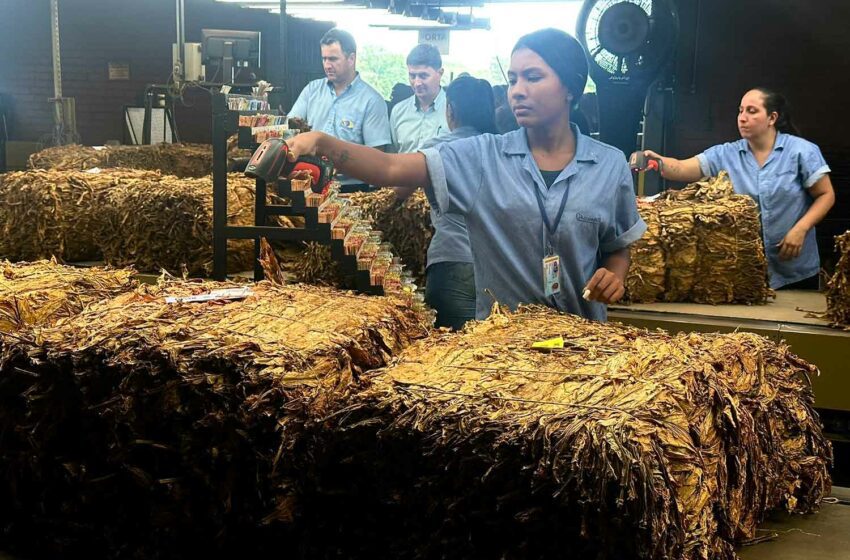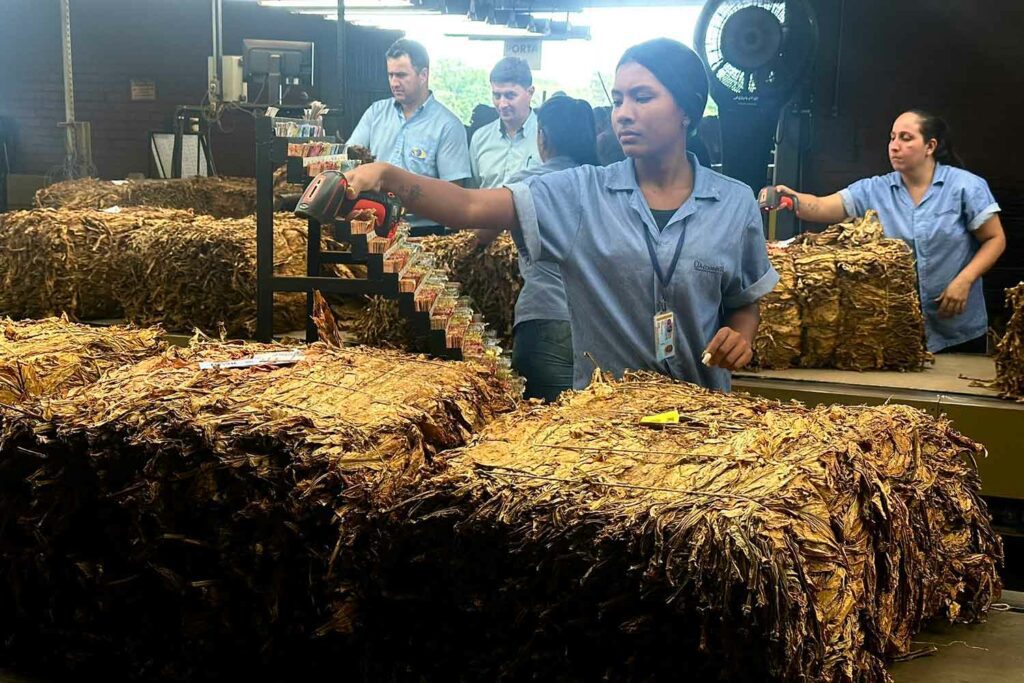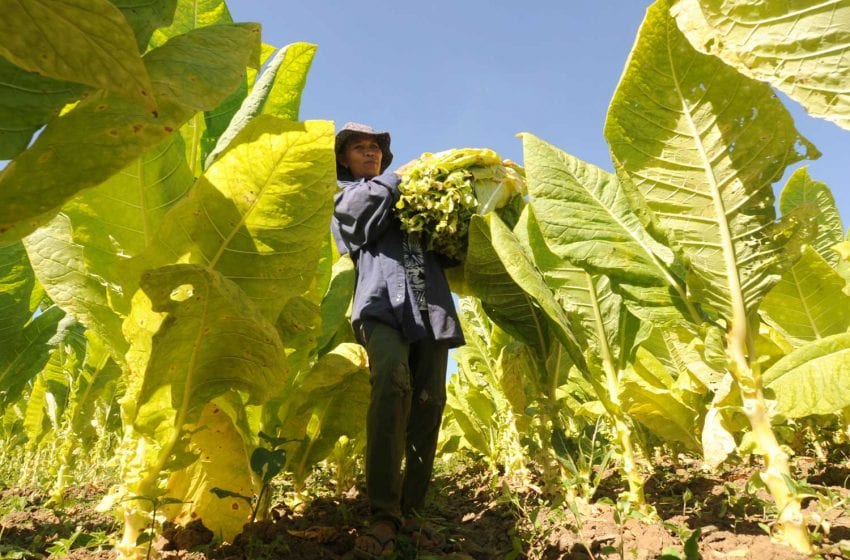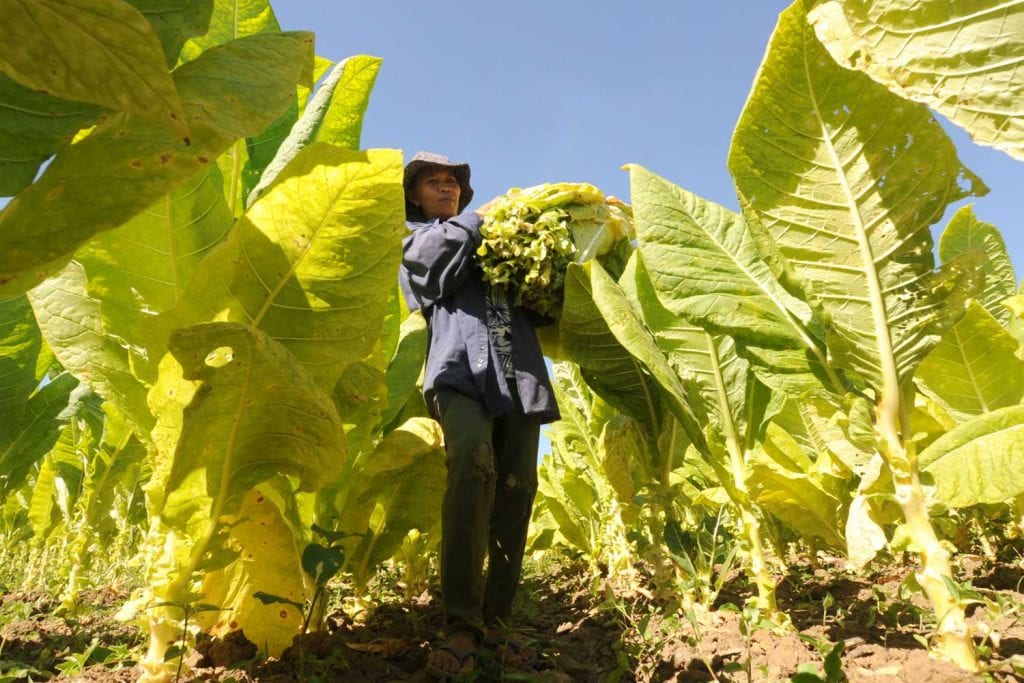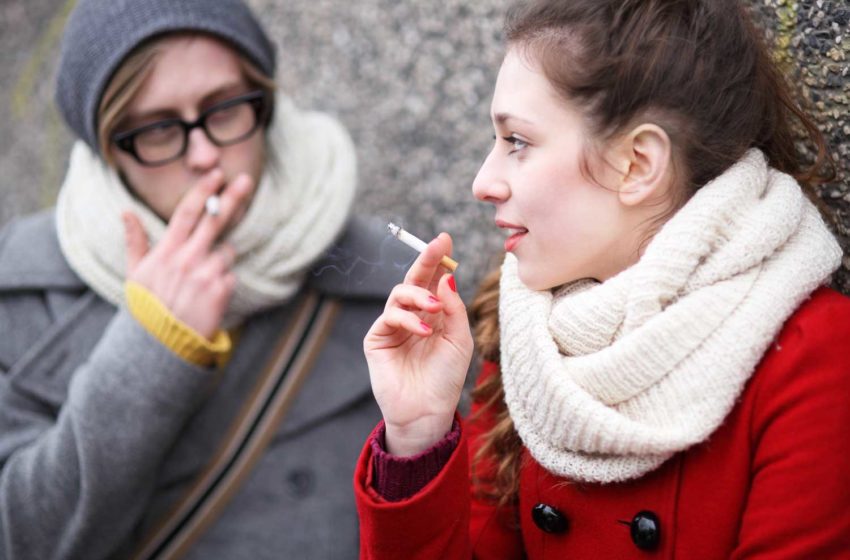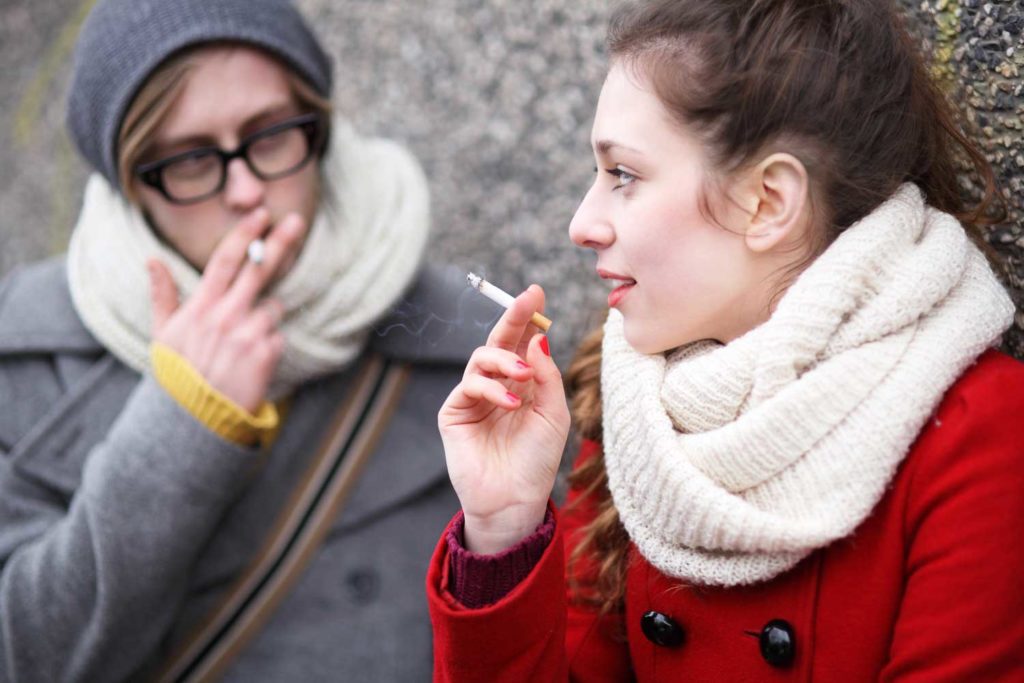The International Tobacco Growers’ Association (ITGA) marked its 40th anniversary this week.
Established in 1984 by growers’ representatives from Argentina, Brazil, Canada, Malawi, the U.S. and Zimbabwe, the ITGA provides a unified voice to tobacco growers worldwide and offers a platform to represent their interests.
During the 1990s, ITGA expanded its membership to include many more countries from Latin America, Africa, Asia and Europe, cementing its presence as a global representative of tobacco growers.
ITGA played an active role in international discussions about the tobacco industry, emphasizing the importance of balancing regulatory needs with the livelihood of farmers.
As environmental and economic pressures increased, ITGA launched initiatives promoting sustainable farming practices to help growers adapt to changing conditions and market demands.
The association actively engaged with governments and organizations, advocating for fair treatment of tobacco growers amid global anti-tobacco campaigns such as the World Health Organization Framework Convention on Tobacco Control that since its entry into force has dramatically influenced the tobacco regulation environment.
Ever since its foundation, ITGA has served as a unique platform to bring supply chain partners together at regional and global level. Today, ITGA gatherings are fundamental in their role to bring farmers, experts, and other stakeholders to discuss pressing issues, share knowledge, and explore innovations in sustainable agriculture.
Recognizing shifts in global demand, ITGA began encouraging research and programs to support crop diversification that could potentially benefit farmers in their search for alternative income sources.In addition, ITGA solidified its partnerships with research institutions and NGOs to provide education on sustainable agricultural methods and diversification.
The association continues to stand as a key representative in policy dialogues, advocating for a balanced approach that considers both public health goals and the economic well-being of growers.
As ITGA celebrates its 40-year milestone, the organization remains committed to championing tobacco growers’ needs, exploring sustainable solutions, and promoting economic security for farming communities worldwide.
“I encourage ITGA Members to act as a unified body and carry on the legacy of these 40 years of history that were fundamental to maintain our independent global association raising tobacco farmers voices,” said ITGA President José Javier Aranda.



